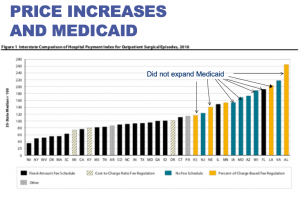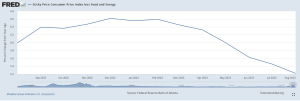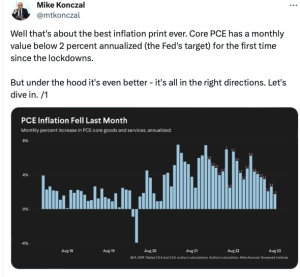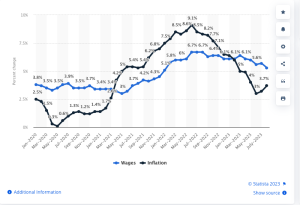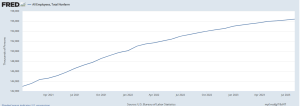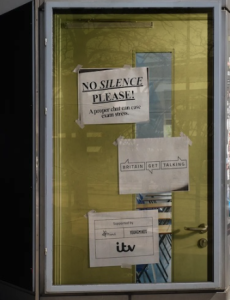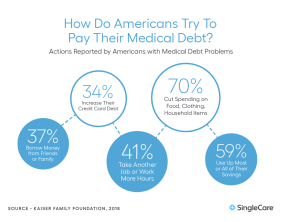Few would argue that work comp services is largely a commodity industry…“price” is the ultimate decision criterion in many most buying decisions. There are exceptions, but many are really service guarantees backed by financial penalties…another way for purchasers to demonstrate fiscal prudence.
aka, “strategy” often devolves to attempts to escape the commodity trap.

The first step is to understand what’s lost in the typical sales process is the “value” inherent in the service.
Way back in 2009 I wrote this:
For several years bill review has been [and still is] a commodity.
Despite vendors’ best efforts to differentiate, most buyers place great emphasis on price. As a result, bill review vendors have worked hard to squeeze out cost…bill review vendors have lost sight of their reason for existence – to ensure their customers pay only what they legally are required to. Instead they compete on the basis of how cheaply they can write checks out of their customers’ checkbooks.
This is not entirely the bill review vendors’ fault. Their customers bear much of the responsibility for the situation, playing vendors off against each other in an effort to reduce the payer’s admin expense. And the payers have succeeded. That success has come at a cost which some payers are only recently beginning to grasp [and now, 14 years later, many payers still don’t].
This is NOT unique to bill review...lazy buyers and brokers/consultants usually commoditize claims, networks, clinical services, occupational medicine, Medicare Set Asides and other services.
Why? Because it is easy, requires little effort, and, frankly, vendors fail to focus on value. Rare indeed is the service company that really, really trains its sales folks, or invests in market research, or has any concept of branding. So, yeah, it’s on the vendors too.
Value starts with understanding how your customers define success…and by “customers” I mean the individuals who will make and influence the buying decision.
What does this mean for you?
Organizations don’t buy – people do. But if you do not KNOW what the buyer values, you can’t get out of the commodity trap.
More…
this from an excellent Harvard Business Review piece...
price does equal value in the eyes of a customer when all other strategic factors in the purchase decision are equal, which often occurs with commodities.
Many other products and services are customized rather than commoditized, and, in these cases, price doesn’t equal value. Steve, for example, is CEO of a kitchen design and installation company specializing in large and expensive homes. When his inquiries dropped, he leapt to the assumption that he was “too expensive.” So, he embarked on a round of price cutting. But was cost really the issue? To find out, we assisted by interviewing some of his clients who chose a competitor. A typical example was Jenna.
She’d sought three quotes for the kitchen of her large home. “They came in at different prices, naturally,” she said. “I could have bought a new car at the prices supplied.” She explained that the kitchen contractor she chose wasn’t the cheapest. More important to Jenna were four other factors: innovative design (she spent a lot of time with each contractor trying to find the best design solution), work quality (recommendations from previous customers about kitchen finishes), customer service (easy to deal with and good listening skills), and quality of inclusions (the brands of dishwasher, sink and taps recommended).
The final factor, she said, was “trust.” It was “very important because she wasn’t going to be there every day checking on the installation of plumbing and electrical fittings.”
Your position on the scale of commoditized vs. customized depends on how much unique value you contribute to your products
If you – the service provider – don’t fully understand what your customers value AND are able to clearly and crisply articulate how your company can deliver that value, you’re forever going to compete on price.
And in the highly mature, scale-centric, declining industry that is work comp services guarantees ever-lower prices and ever-lower profits.

